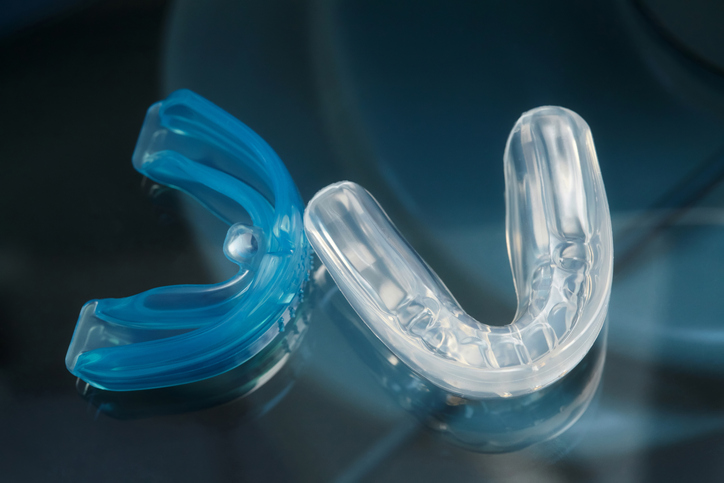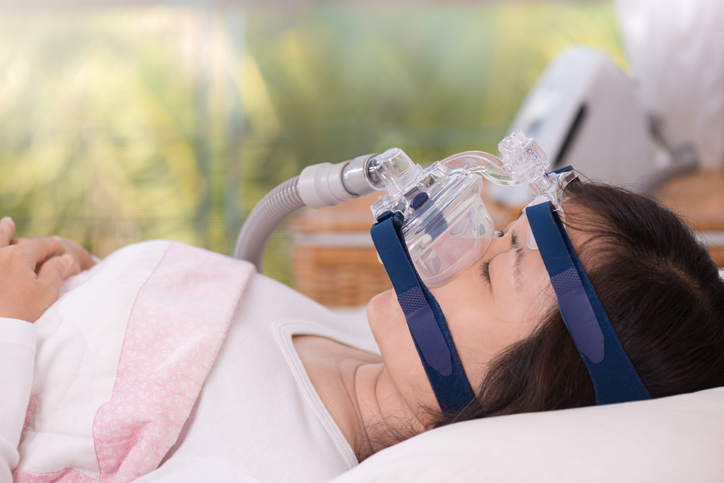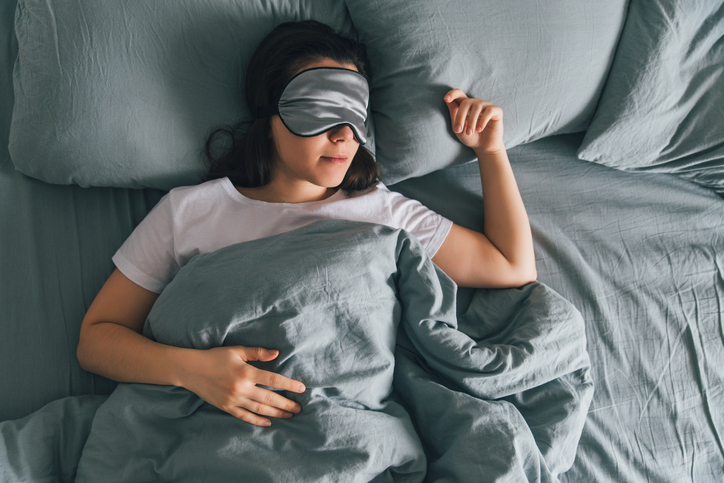
Chairside economical restoration of esthetic ceramics (CEREC) is state-of-the-art technology that can bring a smile to your face. With CEREC, your dentist can accomplish in just one visit what used to take two to three weeks: The fabrication of a beautiful, custom-made porcelain crown. Not every general dentistry office has CEREC capabilities, so make sure you do your research beforehand and find one that does.
How CEREC Works
Without CEREC, a patient who needs a crown to restore a tooth must visit the dental office to get an impression made. The dentist then sends the impression away to a lab. The patient returns to the office two to three weeks later to receive the crown. With CEREC, a crown restoration can be completed in just one office visit. The CEREC process is as follows:
- The dentist performs a scan to take digital impressions of the patient’s mouth.
- The digital info is sent to the CEREC milling machine.
- The milling machine fabricates the crown from a single block of porcelain.
- The dentist adjusts the shade of the crown to blend in seamlessly with the natural teeth.
- The dentist adjusts the fit of the crown as needed, before bonding it securely in the patient’s mouth.
Why CEREC Could Be Right for You
Anyone who needs a crown is a good candidate for CEREC crowns. In fact, some patients go out of their way to visit a dental clinic that offers CEREC technology, thanks to its unbeatable convenience. With CEREC technology, you can expect the following:
- No bad-tasting impression material
- A single appointment for your custom-fabricated crown
- Perfect shading match to the rest of your smile
- Quick wait time for the completion of the crown
- Made from durable, strong porcelain
- No need for a temporary crown
- Digital precision
University Associates in Dentistry is pleased to bring the latest advancements in dental technology to our valued patients, including in-office CEREC capabilities. To experience the benefits of CEREC for yourself, you can call (312) 704-5511 and schedule a dental consultation in Chicago. Our cosmetic dentistry team looks forward to helping you love your smile again!




